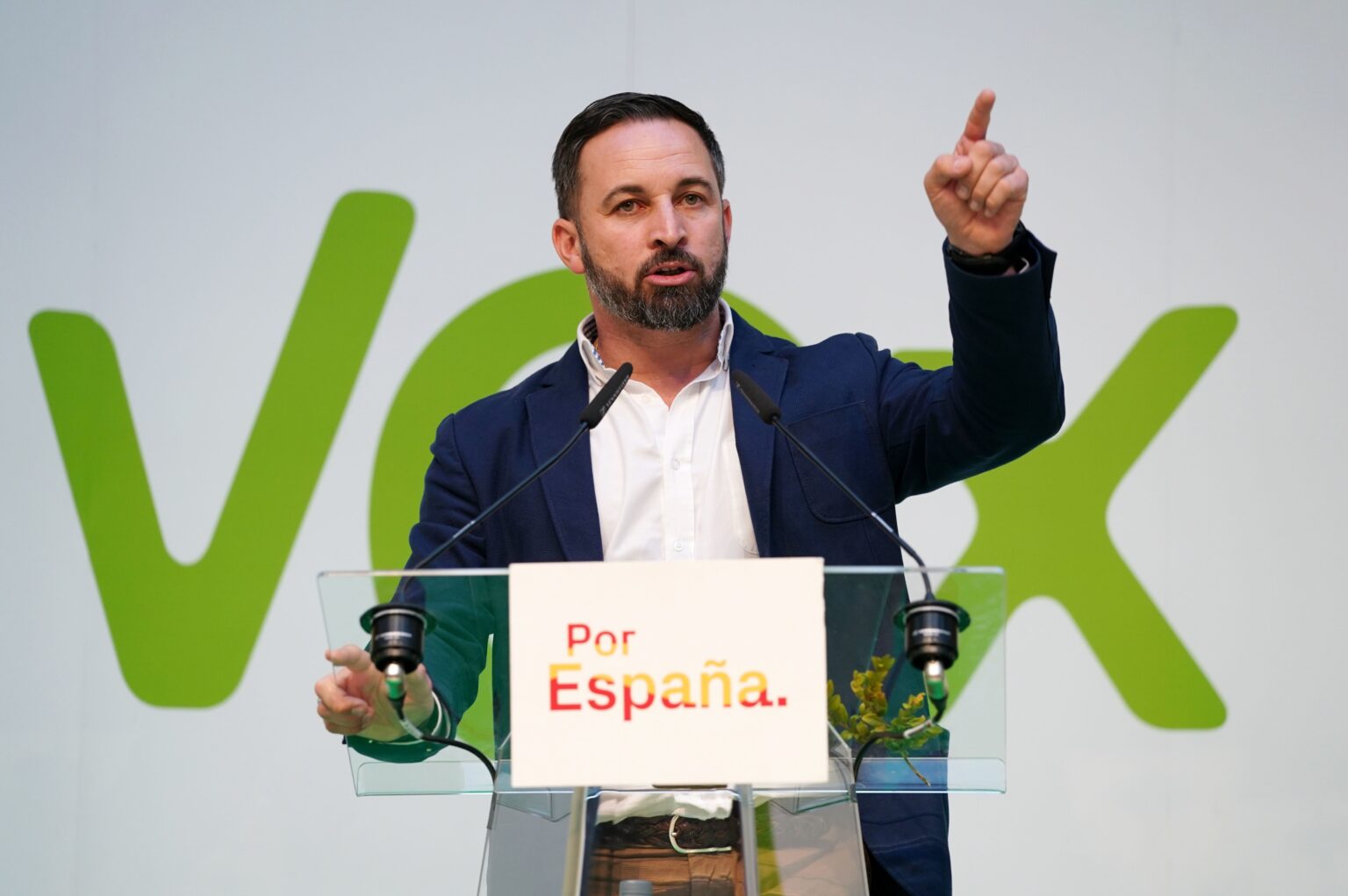Spain’s far-right Vox party has presented a controversial proposal to the parliament that seeks to stop granting citizenship and residence permits to people from “Islamic culture”. The party argues that this measure is necessary to protect Spain’s national identity and security from the “Islamization” of the country.
The proposal, which was registered on October 18, 2023, states that “the massive arrival of people from Islamic culture, especially in recent years, poses a serious threat to the constitutional order, social peace, and the rights and freedoms of Spaniards.”
The proposal also claims that “the majority of Muslims do not accept the separation between religion and politics, nor the equality between men and women, nor the respect for sexual diversity, nor the freedom of expression and conscience.”
According to Vox, Spain should adopt a “selective and restrictive” immigration policy that favors immigrants from “friendly” countries that share Spain’s language, culture, and values. The party also proposes to revoke the citizenship and residence of those who commit crimes or show signs of radicalization.
The proposal has been met with strong criticism from other political parties, human rights groups, and Muslim associations. They have denounced it as xenophobic, discriminatory, and unconstitutional.
The Socialist Party (PSOE), which leads the coalition government with the left-wing Unidas Podemos, has rejected the proposal as “an attack on the dignity of millions of people who live in Spain and contribute to its progress.”

The conservative Popular Party (PP), which governs several regions and municipalities with the support of Vox, has also distanced itself from the proposal. The PP leader Pablo Casado has said that his party defends “a legal and orderly immigration” that respects human rights and integration.
The leader of the center-right Ciudadanos (Citizens), Inés Arrimadas, has accused Vox of “trying to divide Spaniards and generate hatred.” She has also reminded that many Muslims are Spanish citizens who have fought for democracy and freedom.
The leader of Unidas Podemos, Pablo Iglesias, has called Vox “a fascist party” that wants to “impose a dictatorship” in Spain. He has also urged the other parties to unite against Vox’s “hate speech”.
Several human rights organizations, such as Amnesty International and SOS Racism, have condemned Vox’s proposal as a violation of international law and the Spanish constitution. They have also warned that it could fuel Islamophobia and discrimination against Muslims in Spain.
The Islamic Commission of Spain (CIE), which represents the majority of Muslims in the country, has expressed its “deep concern” about Vox’s proposal. The CIE has said that it is “an affront to the dignity and rights of more than two million Muslims who live in Spain, many of them Spanish citizens by birth or naturalization.”
The CIE has also stressed that Muslims are “an integral part of Spanish society” who contribute to its economic, social, and cultural development. The CIE has called for dialogue and respect among all religious communities in Spain.
Spain is home to more than 2.1 million Muslims, who make up about 4.6% of the population. Most of them are immigrants from Morocco, Algeria, Senegal, Pakistan, and Bangladesh. About 40% of them have Spanish citizenship.
Spain has a long history of coexistence between different religions and cultures. For centuries, Muslims, Christians, and Jews lived together in medieval Spain under Islamic rule. The legacy of Islamic civilization can still be seen in many monuments, such as the Alhambra palace in Granada or the Mosque-Cathedral of Cordoba.
However, Spain also experienced periods of intolerance and persecution against minorities. In 1492, the Catholic monarchs expelled the Jews and Muslims from Spain after completing the Reconquista. In 1609, King Philip III ordered the expulsion of the Moriscos, who were Muslims who had converted to Christianity under duress.
In recent years, Spain has faced several challenges related to immigration and integration. In 2004, Madrid suffered a terrorist attack by Islamist extremists that killed 191 people. In 2017, Barcelona was hit by another terrorist attack by Islamic State supporters that killed 16 people.
Despite these incidents, Spain has not witnessed a significant rise in anti-Muslim sentiment or violence. According to a survey by Pew Research Center in 2018, 66% of Spaniards had a favorable view of Muslims, while 25% had an unfavorable view.
However, Vox has capitalized on the fears and frustrations of some sectors of Spanish society who feel threatened by immigration, globalization, and multiculturalism. The party emerged in 2013 as a splinter group from the PP. It gained prominence in 2018, when it won 12 seats in the regional parliament of Andalusia, breaking the dominance of the PSOE.
Since then, Vox has increased its presence and influence in Spanish politics. In the 2019 general elections, it became the third-largest party in the national parliament, with 52 seats out of 350. It also holds the balance of power in several regions and municipalities, where it supports the PP and Ciudadanos in exchange for policy concessions.
Vox’s proposal to halt citizenship and residence for Muslims is unlikely to prosper in the parliament, where it faces the opposition of most parties. However, it could have an impact on the public opinion and the political agenda, especially ahead of the municipal elections scheduled for May 28, 2023.









